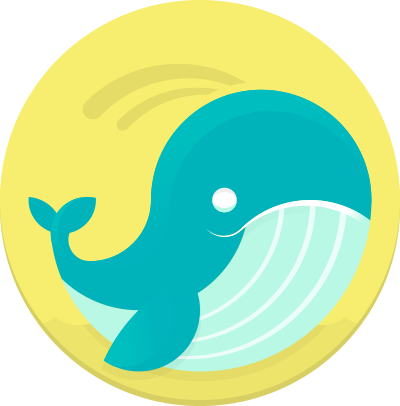How to get AI to make your bed
At the end of the day, we all want to come back home to a bed that’s been made. The last thing we want to suffer from after a challenging day is a home in disarray. It begins with making an intention at the start of the day, to make our beds so that when we come back home, we will have at least done one thing to keep our spirits and environment in good stead. No one else is going to do it for us, nor will anyone else care, so we have to establish some sense for what’s going to set the tone for our lives. A set of principles and semblance of discipline at play. We could look to AI to automate such mundane tasks so that cognitive load is lifted for us, and that burden is pulled off our weary shoulders. What if we could lean more on AI to assist us with our jobs? As a designer, this is a tempting proposition, because the potential for such automations in my field has become increasingly real and undeniably effective for certain types of tasks such as writing, generating static art, and being able to refine results conversationally.
One takeaway that initially surfaces after reading this article is how we (designers) might do less manual work to increase ROI and efficiently drive more outputs. Historically there seems to have been an inherent distrust or natural apprehension amongst those in the creative community toward leaning on AI tools and assistance, but that is starting to shift rapidly these days. I think companies are feeling pressured to race toward generating more profit, more quickly, and with less human power because it's good business, not because it's better for people or the world. I'd suggest more poignantly that there is less of a vibe than a shift in vibe. It seems like sound fundamentals, foundational knowledge, and practitioners of those pillars are being thwarted in favor of big business and sales teams. For individual contributors in the creative community, the race to achieving optimal efficiency through the use of AI to automate workflows that would otherwise be carried out manually, is becoming more and more common. Even a basic act such as writing has been sequestered to virtual assistants like ChatGPT, in academia, the workforce, and in many other contexts.
The article brings up some good points, some of which have been coming up for me lately. Most of which have been a little squirrelly to corral mentally. One thought that's crept into my mind and heart a lot lately is this idea of reinventing one's self, or shifting one's perspective to consider the environment and current around us. How might we explore and adapt our station in an ever shifting world where what's expected of us evolves with every revolution of the planet? I sense a risk of losing intuition, wisdom, faith, and practice in fundamentals, in exchange for a dependency on technological assistance. “Don't make me think” has taken on a new context. It seems so alluring and too good to be true, that I'm innately disturbed by how much humanity is being made to serve the tools we build.
I'm not against technology or AI, I'm just a little skeptical of the extent to which humans are bound to the frameworks they imply on our lives and environment. If they reflect to us how good we can be and drive us to make good decisions, then it's hard to not accept an alliance. It just seems there's a potential risk of losing something irreplaceable: human spirit and intent. I hope we don’t become so reliant on technology to the point where the vibe is totally vanquished.
The vibe I'd prefer to preserve at the very least is one where our ability to make informed choices is left to us, not to our own devices. AI may not to be able to make my bed for me, or make important decisions on my behalf, and I’m kind of grateful for that point. However, I am certainly embracing how useful it can be in serving to enhance humanity.



